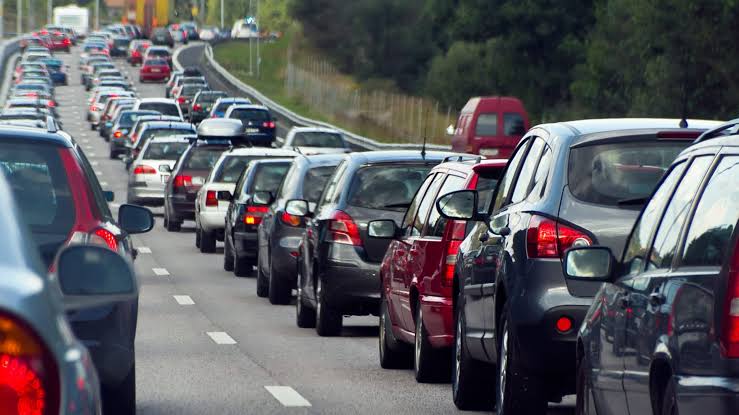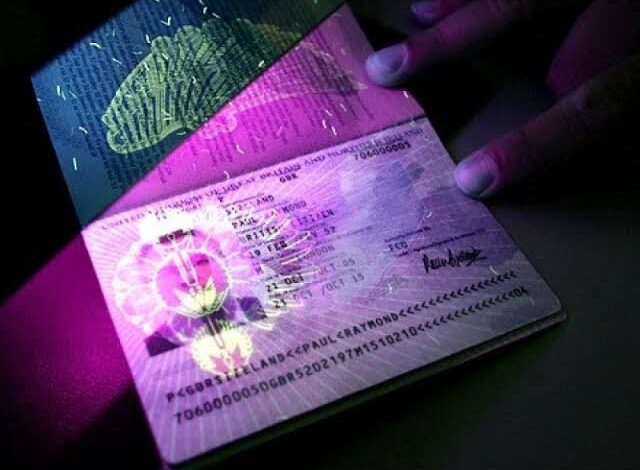
Faith Nyasuguta
Traffic congestion is a common urban challenge faced by many cities across the world. As urbanization and population growth continue to rise, traffic problems worsen, resulting in productivity losses, increased pollution, and reduced quality of life for residents.
To assess and quantify traffic congestion, transportation analysts and experts rely on the Traffic Index, a vital tool that provides valuable insights into the severity of traffic issues in different cities and regions.
The Traffic Index is a key metric used to measure the level of traffic congestion in cities. It is calculated by comparing the time taken to travel during peak hours to the time it would take to travel the same distance under ideal traffic conditions.
Numbeo, a platform that provides up-to-date information about the cost of living, quality of life, and various socio-economic factors across cities and countries worldwide, offers its own traffic index.
The platform’s Traffic Index is a composite measure that considers factors such as commute time, dissatisfaction with time spent in traffic, CO2 emissions, and overall traffic system inefficiencies. It provides insights into the overall traffic conditions in a city.
Additionally, Numbeo’s Time Index represents the average one-way transportation time required in minutes. It provides an indication of the time it takes to travel from one place to another within a city or region. The platform uses some elaborate equations to arrive at these figures, which are available on its site.
Taking its equation into account, the following are the 5 African nations with the worst traffic index, as well as the countries that spend the most time stuck in traffic.
| Rank | Country | Traffic Index | Time Index (minutes) |
| 1 | Nigeria | 310.6 | 62.8 |
| 2 | Kenya | 242.1 | 51.6 |
| 3 | Egypt | 231.8 | 48.5 |
| 4 | South Africa | 189.3 | 39.0 |
| 5 | Morocco | 137.1 | 37. |
RELATED:




